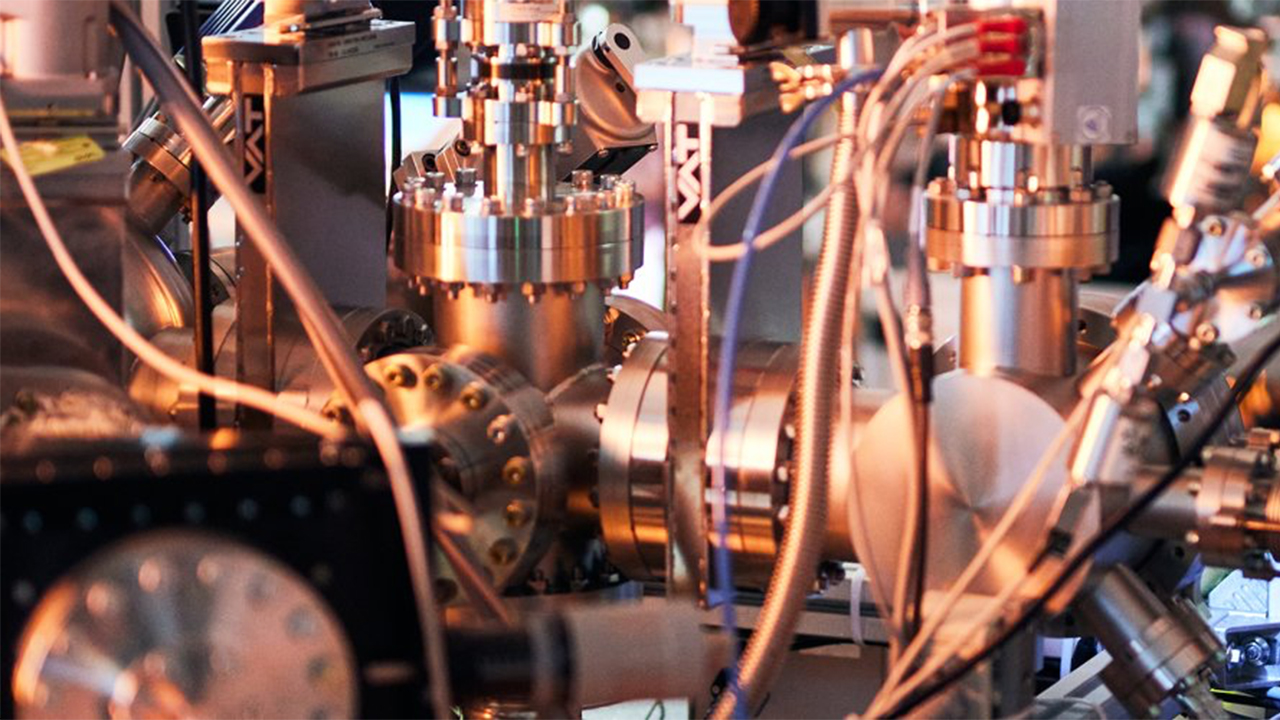
U.S. lawmakers have asked leading semiconductor equipment production companies — Applied Materials, ASML KLA, LAM Research, and Tokyo Electron — for information about their sales to China, reports Reuters. The U.S. is about to impose new export regulations for high-tech devices to China, so the letter is timely.
Republican John Moolenaar and Democrat Raja Krishnamoorthi, in a press release, said they sent letters to these firms to address concerns about maintaining U.S. competitiveness while limiting China’s access to advanced technology. On the one hand, the lawmakers want to assess how much Applied Materials, ASML KLA, LAM Research, and Tokyo Electron depend on their sales to Chinese entities. On the other hand, they want to assess how significantly this might impact the competitive advantages the U.S. currently has.
The request for sales details highlights U.S. concerns about China’s growing technological and military capabilities, believed to be supported by equipment from U.S., Dutch, and Japanese firms. The current U.S. government is poised to impose additional export restrictions aimed at curbing Chinese access to critical semiconductor technology, which the U.S. government fears could enhance China’s military capabilities.
The letters highlight the worry that China now purchases more semiconductor manufacturing equipment than the U.S., South Korea, and Taiwan combined. This supply could aid China’s military capacity, support Russia, and enable technological progress in areas like artificial intelligence, impacting U.S.-China strategic competition.
Moolenaar and Krishnamoorthi asked for detailed revenue information from the companies, including sales involving U.S. export licenses and transactions with entities listed on the U.S. Department of Commerce’s Entity List and other restricted lists. The inquiry also covers sales involving entities connected to the Chinese government. The letters also want details on semiconductor equipment models shipped to China that are capable of advanced technology nodes (e.g., 7nm).
Additional questions cover company operations, including the company’s global manufacturing footprint, export control staffing in China, and details on any plans to offshore or expand production facilities. These questions are asked because it is legal for the aforementioned companies to sell their devices assembled in Malaysia or elsewhere to Chinese entities, thus bypassing U.S. sanctions.
The lawmakers argue that tighter controls on exports to China are compatible with the plan to sustain the strong U.S. semiconductor equipment sector, countering claims that such measures would inevitably harm American businesses.






